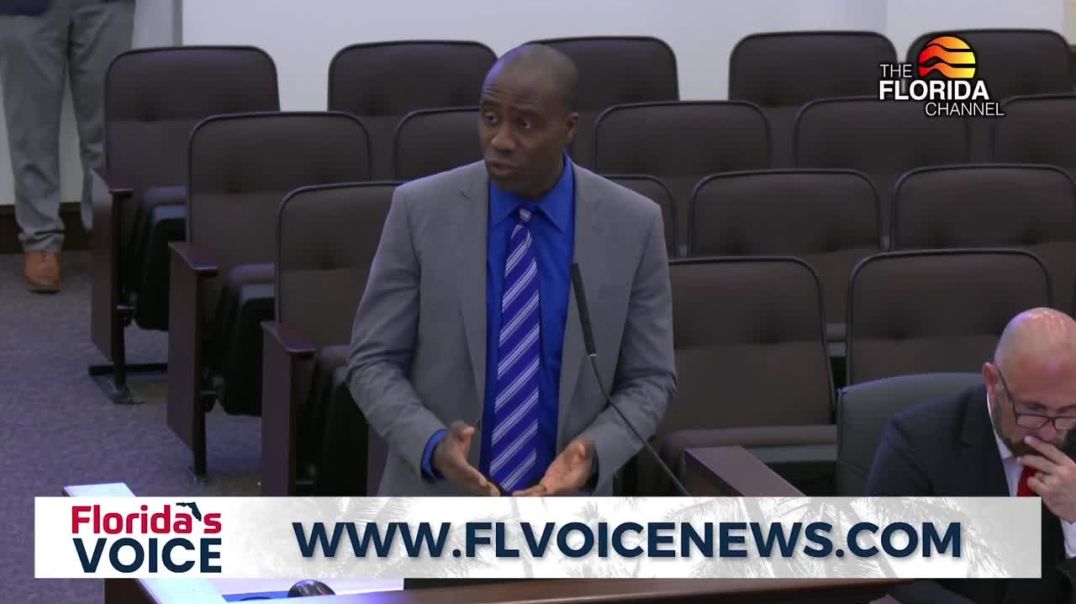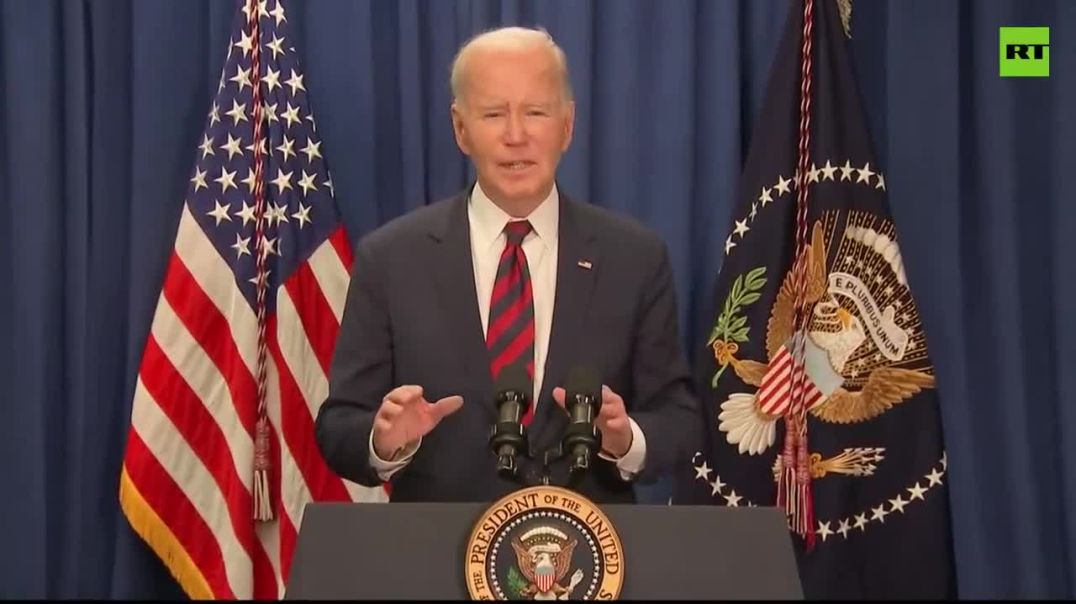Please donate now to help fund our work
Kim Iversen: Biden's SHOTS FOR TOTS Rollout FAILS As Parents Don't Show To Sites
Kim Iversen reviews the success of the Biden administration's campaign to vaccinate babies and toddlers against COVID-19.
According to the CDC the benefits of COVID-19 vaccination outweigh the known and potential risks.
Children who get COVID-19 can get very sick, can require treatment in a hospital, and in rare situations, can even die. After getting COVID-19, children and teens can also experience a wide range of new, returning, or ongoing health problems. Getting eligible children vaccinated can help prevent them from getting really sick even if they do get infected and help prevent serious short- and long-term complications of COVID-19.
Vaccinating children can also keep them in school and daycare and safely participating in sports, playdates, and other group activities.
Emerging evidence indicates that people can get added protection by getting vaccinated after having been infected with COVID-19. So, even if a child has had COVID-19, they should still get vaccinated.
Serious reactions after COVID-19 vaccination in children and teens are rare. When they are reported, serious reactions most frequently occur the day after vaccination.
Rare cases of myocarditis (inflammation of the heart muscle) and pericarditis (inflammation of the outer lining of the heart) have been reported after children and teens got a Pfizer-BioNTech COVID-19 vaccine. New studies have shown the rare risk of myocarditis and pericarditis associated with mRNA COVID-19 vaccination—mostly among males between the ages of 12 and 39 years—may be further reduced with a longer time between the first and second dose.
In children ages 5 through 11 years, there were 11 confirmed reports of myocarditis out of 8 million doses given of the Pfizer-BioNTech COVID-19 vaccine between November through December 2021.
In reports of myocarditis following mRNA-based COVID-19 vaccination from December 2020 to August 2021external icon, the risk of myocarditis was highest following the second dose of the Pfizer-BioNTech vaccine in adolescent and young adult males.
Reporting rates were around 70 cases per million doses in males ages 12 through 15 years and 105 cases per million doses in males ages 16 through 17 years.
Everyone ages 12 years and older should get a COVID-19 booster shot. Currently, a booster shot is not recommended for children younger than 12 years of age.
The CDC says Getting a booster enhances or restores protection against COVID-19, which may have decreased over time. People ages 12 years and older who are moderately or severely immunocompromised should receive 4 total doses of COVID-19 vaccine—a primary series of 3 doses, plus, when eligible, 1 booster dose.
In March of 2022, the CDC expanded eligibility for an additional booster dose for certain individuals who may be at higher risk of severe outcomes from COVID-19. Boosters are safe, and people over the age of 50 can now get an additional booster 4 months after their prior dose to increase their protection further. This is especially important for those 65 and older and those 50 and older with underlying medical conditions that increase their risk for severe disease from COVID-19 as they are the most likely to benefit from receiving an additional booster dose at this time.
The CDC says layered prevention strategies — like staying up to date on vaccines and wearing masks — can help prevent severe illness and reduce the potential for strain on the healthcare system. Everyone ages 2 years and older should properly wear a well-fitting mask indoors in public in areas where the COVID-19 Community Level is high, regardless of vaccination status.
According to Pfizer and the CDC, potential side effects from the vaccine include pain, redness, or swelling at the injection site. Other side effects could include tiredness, headache, muscle pain, fever, chills, and nausea. In rare cases, people have experienced serious health events after the COVID-19 vaccination. Any health problem that happens after vaccination is considered an adverse event. According to the CDC: Although the overall risks are low, if you are pregnant or were recently pregnant, you are more likely to get very sick from COVID-19 compared to people who are not pregnant. CDC recommends COVID-19 vaccines for everyone ages 6 months and older, and boosters for everyone ages 5 years and older if eligible.
COVID-19 vaccines available for children include:
Pfizer-BioNTech COVID-19 vaccines
Moderna COVID-19 vaccines
Everyone should continue to follow all current prevention measures recommended by CDC and based on latest COVID-19 Community Level data.



















